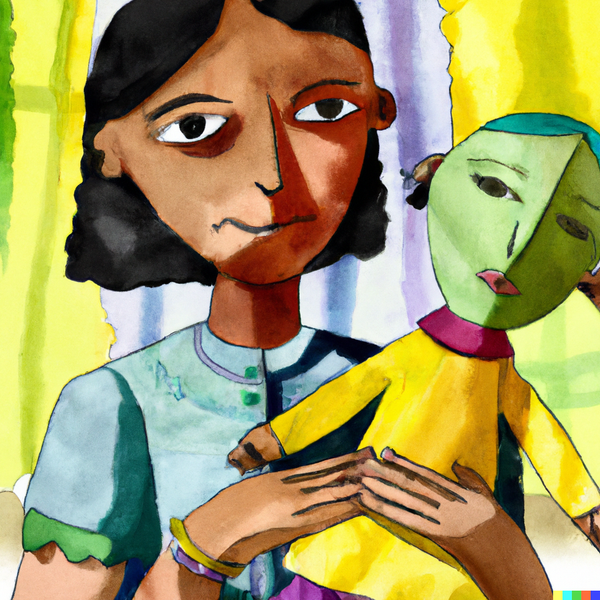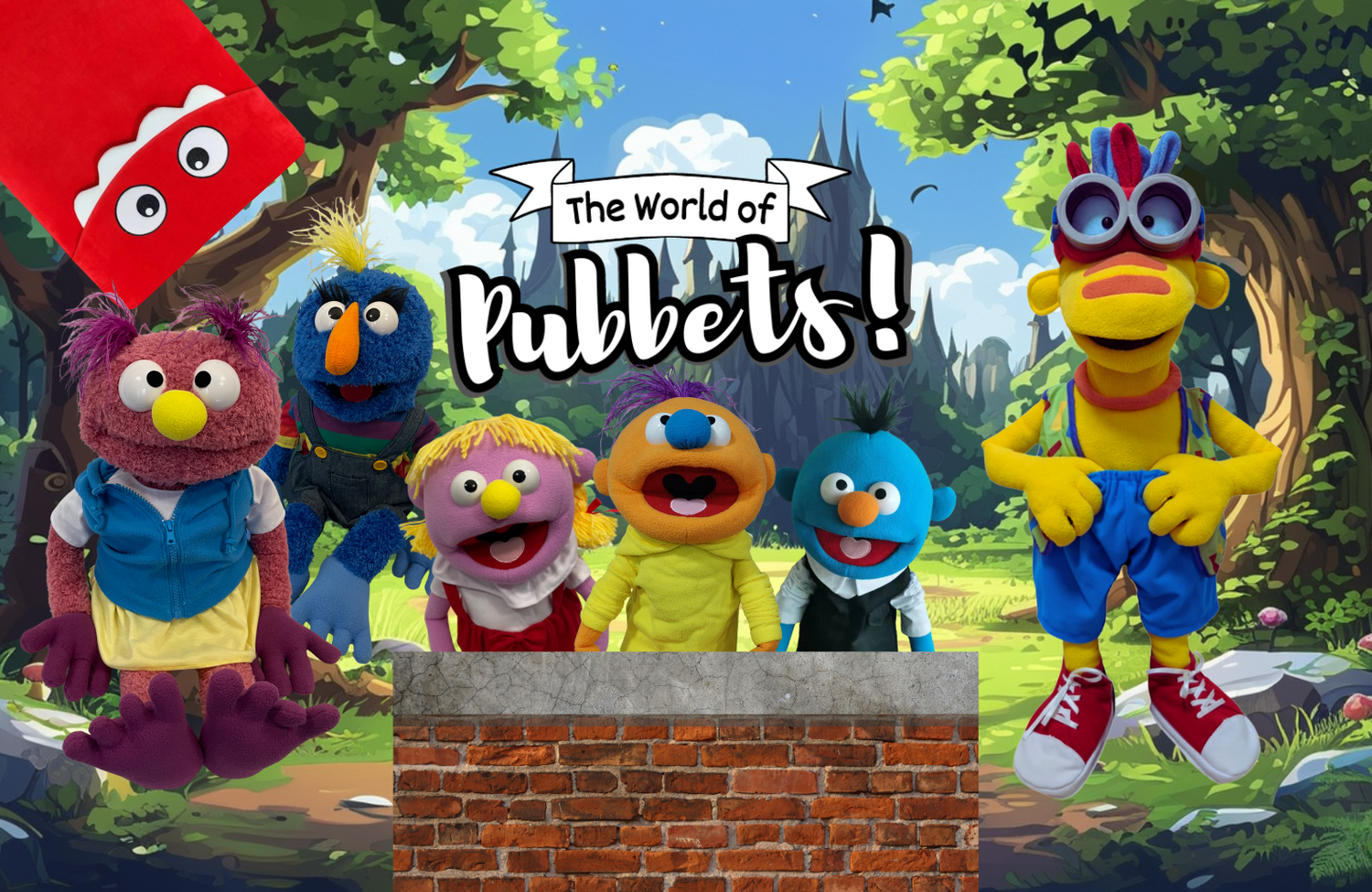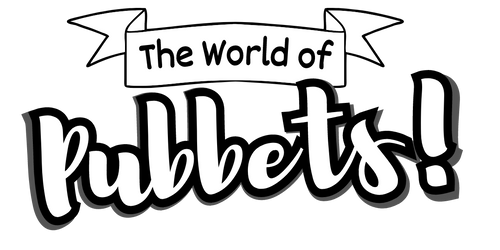
You might think of puppetry as just a form of entertainment, with puppet shows and marionette performances bringing joy to audiences of all ages. But did you know that puppetry can also be a powerful tool in therapy? It's true! Using puppets in therapy can help create a sense of playfulness and safety, especially for kids and teens. It's a great way for them (and adults too!) to explore and express difficult emotions and experiences in a non-threatening way. Plus, it's just plain fun! Who doesn't love a good puppet show? I mean, c'mon, who doesn't love puppets in general? They're so cute and cuddly!

In addition to its therapeutic benefits, puppetry can also be a fun and engaging way to explore topics and themes in therapy. Whether it's through role-play, storytelling, or simply playing with puppets, the use of puppetry can add an element of creativity and playfulness to therapy sessions. Imagine the possibilities! You could have a puppet reenact your worst date ever, or create a puppet version of your boss and vent all your work frustrations. The sky's the limit!
Puppetry can be particularly useful in group therapy, as it allows for the creation of a safe and engaging space for healing and self-exploration. Group members can work together to create and perform puppet shows or use puppets to role-play different scenarios, helping to foster communication and collaboration within the group. Plus, it's just a really fun way to bond with your therapy group.

Puppetry can also be a helpful intervention for children with autism spectrum disorder. The use of puppets can provide a non-threatening way for children with ASD to practice social skills and engage in imaginative play. Puppets can also be used to facilitate communication and self-expression, as children with ASD may have difficulty expressing their thoughts and feelings through traditional means. Plus, it's just a really cute way to work on social skills!
In cognitive-behavioral therapy, puppets can be used as a creative and effective intervention for exploring and challenging negative thoughts and behaviors. For example, a therapist might use puppets to role-play different scenarios and help the client identify and modify negative thought patterns. It's like a puppet version of good cop/bad cop!

Puppetry can also be a valuable tool in family therapy, as it allows for the exploration of family dynamics and communication patterns in a non-threatening way. Puppets can be used to role-play family interactions or to tell stories about the family, helping to foster a sense of understanding and connection within the family unit. Plus, it's a great way to work on family communication without anyone getting too defensive.
Overall, the benefits of using puppetry in therapy are numerous. It can create a safe and engaging space for healing and self-exploration, and be a powerful tool for working through difficult emotions and experiences, and for fostering personal growth and development. So the next time you see a puppet show, don't just enjoy the entertainment – think about the therapeutic power of puppetry as well!
Have you used puppetry in therapy, or even as a type of self therapy? Leave a comment below and share with us.
We have a private Facebook group for Pubbet owners, called the Pubbets Academy. If you've bought a Pubbet puppet from our online store then you're able to join and take part in the group.


